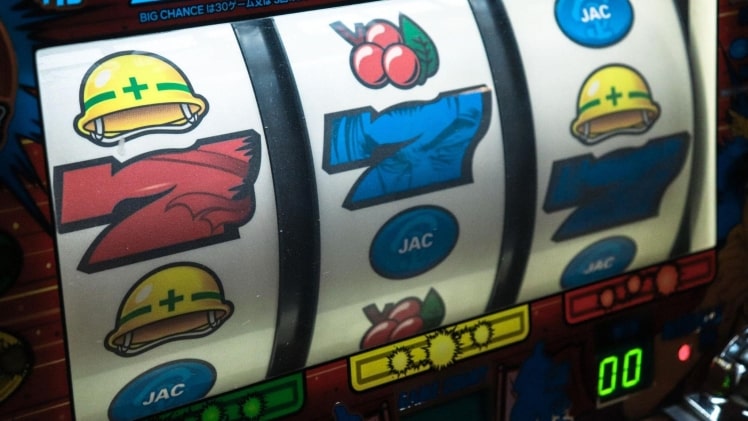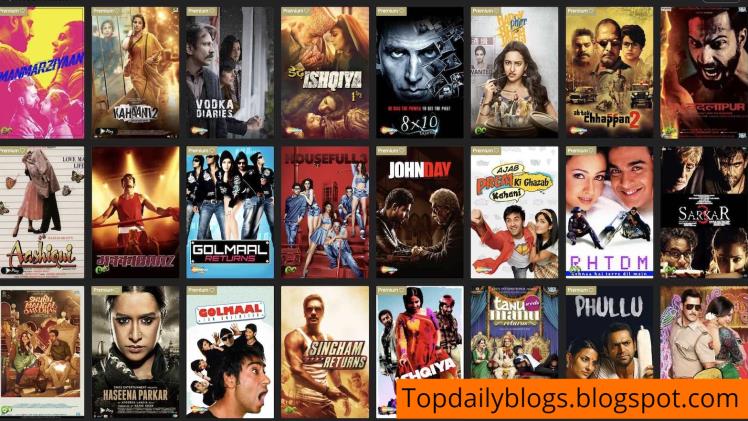Before you start spinning slots, you might want to learn more about how these machines work. Sure, you may be familiar with the basics, but that doesn’t mean you’re ready to head out to Las Vegas and put your hard-earned money at stake. In fact, most players aren’t familiar with one thing – how slot machines work. By this, we mean who controls the odds and whether they can be rigged. So, how much power do casinos have over these things? And is there a reason to be worried? Let’s check it out.
Slot machines and payouts
What you care about the most when gambling is money. After all, there’s hardly a better feeling than beating the odds and winning a large amount. Therefore, it’s natural to wonder if casinos have control over payouts. Put simply, the answer is yes. Nothing stops a casino from taking its chances and tweaking the odds in their favor. However, a person doing so would put their casino at risk. This is because there are strict laws and regulations protecting players from such schemes. It’s important to mention that each jurisdiction has its own laws regarding gambling. So, what is forbidden in one area, may not be prohibited in another. That’s why it’s always a good idea to become familiar with local rules before heading to a casino. When playing online, you might want to check where the provider is based and what rules they’re obliged to follow.
Gambling laws and regulations
As we mentioned earlier, nothing tells you for sure that someone hasn’t changed the payout system of a slot machine. So, how can you be sure you’re not being cheated out of your money? Well, in most cases, all you can do is simply trust the regulatory bodies to do their work. The good news is that most areas have very strict laws and regulations when it comes to gambling. Governments that allow this form of entertainment want winners in all games to be determined by pure luck – as they should be. That’s why they employ several bodies that audit both brick-and-mortar and online casinos. Their job is to ensure that not a single machine or game has been messed with and that the casino offers fair odds to their players. This is done simply by checking how much money players have put into the machine/game, and how much it paid out.
Other rules
So, we mentioned regulatory bodies checking the odds in slot machines, but what about others? Unfortunately, there are other ways a casino could potentially cheat the system. One of them is money laundering. The tax office is responsible for financial audits and checking whether the provider is doing everything by the books. And if you’re wondering how they do that, the answer is simple – they look at the machines. These things, just like online casino games, have their own internal statistics. This allows tax offices to crunch the numbers and make sure no wrongdoing is involved. When there’s a need for different types of work, government organizations can form bodies with tasks of their own.
Where to play?
So, are slot machines rigged and should you trust them? They can be, but most of the time, it’s in the casino’s interest not to do so. But don’t let this fool you that it’s absolutely safe to go and spin slots absolutely everywhere. Some providers still try to find ways to get around the rules and lower their payouts. This includes both online and offline casinos. The question is – where can you spin slots safely? The answer is much simpler than you might think. Regulatory bodies issue gambling licenses to casinos that follow the rules we talked about earlier. A license allows the casino to offer games that involve betting and luck. To get one, a provider has to guarantee honesty, decency and transparency in financial matters. It also has to provide complete information on the structure of the finances of the company.
Random number generators (RNGs)
To understand how slot machines really work and whether they can be manipulated, you have to be aware of the technology behind them. One of the terms you’ll often come across in the gambling world that also applies here is random number generator or RNG. This is an external device that, as its name suggests, comes up with random outcomes. While first RNGs were relatively simple, they now divide, subtract, and multiply numbers to generate a random one. This sounds complex and it is. But that’s a good thing. The more difficult the process is, the harder it is for casinos to manipulate it. And it’s hard to assume casinos have time and resources to manipulate RNGs just to make an outcome.
Reels and par sheets
We now know that luck and random events decide the outcomes of casino games such as slots. But they’re not necessarily the only thing that decides whether you win or not. This is because there are thousands of different slot games out there. And they all come with different sets of features. The number of combinations on the reels is one of the most important among them. Also, the symbols on them resemble different types of payouts. Par sheets determine how much each of the combinations weighs and how much money a player can get by getting the right combination. Therefore, it’s these sheets that set the game odds, and they cannot be manipulated by the casino. If you Google two popular slot games and compare the rules, you’ll see that there are tons of different combinations to chase. Some even have bonus games with different sets of rules and odds.
Wrap up
The bottom line is that there’s nothing to be afraid of when spinning slots. This applies to both brick-and-mortar and online casinos. This is because governments do everything in their power to protect players. Provides that try to interfere with the odds and decrease payouts risk losing their license and having to seize their operations. Even with these rules in place, make sure you learn more about local laws and regulations regarding gambling before your next slot spinning session.





